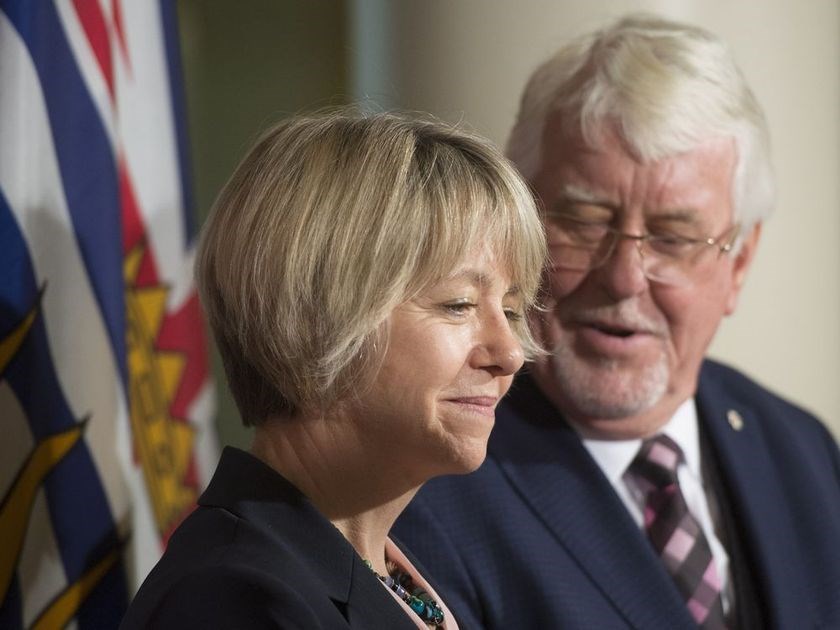Dr. Perry Kendall, B.C.’s provincial health officer, is retiring. Nearing 75, Kendall had intended to leave earlier, but the onset of the opioid crisis persuaded him to stay a little longer.
His first step was to declare a public-health emergency — a never-before-used measure indicating the seriousness of the situation. He then worked with the minister of health and community agencies to set up overdose-prevention and supervised-consumption sites.
Although at least 1,200 people died of opioid overdoses last year, there were no fatalities at those sites, despite more than half a million drug ingestions being witnessed. And in the closing months of 2017, the number of opioid deaths began to plateau for the first time.
It’s too early to tell whether the back of this epidemic has been broken. The history of the opioid disaster has been that each time the fatality rate associated with a particular drug begins to decline, a more powerful substitute arrives. The current version — carfentanil — is 5,000 times as potent as heroin, and 10,000 times as potent as morphine. Its toxicity classifies it as a weapon of mass destruction.
Kendall helped set up Canada’s only First Nations Health Authority. And he advocated ceaselessly for programs such as vaccination and addictions treatment.
His deputy, Dr. Bonnie Henry, will take over his duties next month. And Kendall isn’t quite ready to call it a day. He intends to open a consultancy in public-health delivery and drug policy.
We’ll close on a personal note. When journalists called his office to ask for information, Kendall himself as often as not picked up the phone — a rarity in government these days. And he was unfailingly helpful and gracious.
Our best wishes on his retirement.



